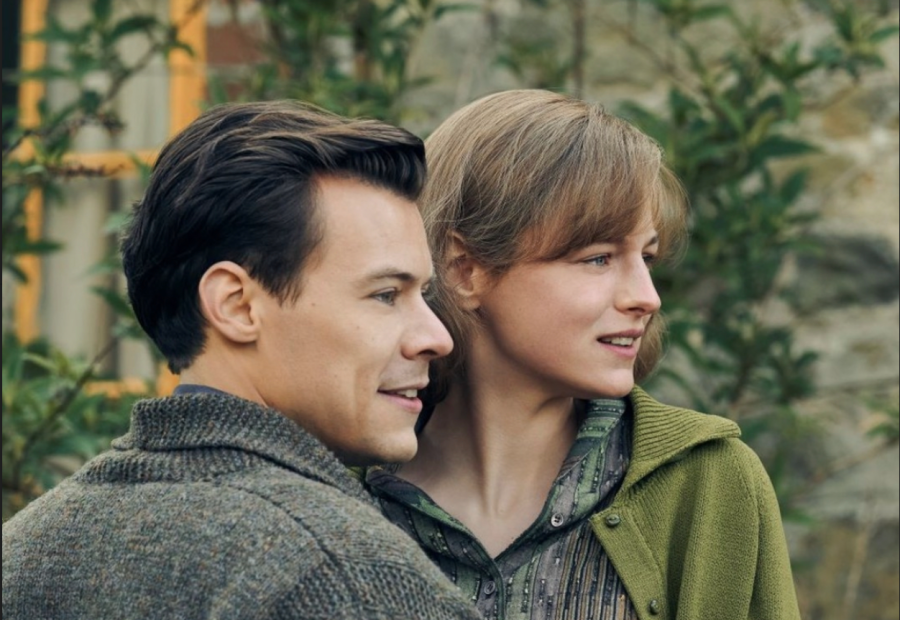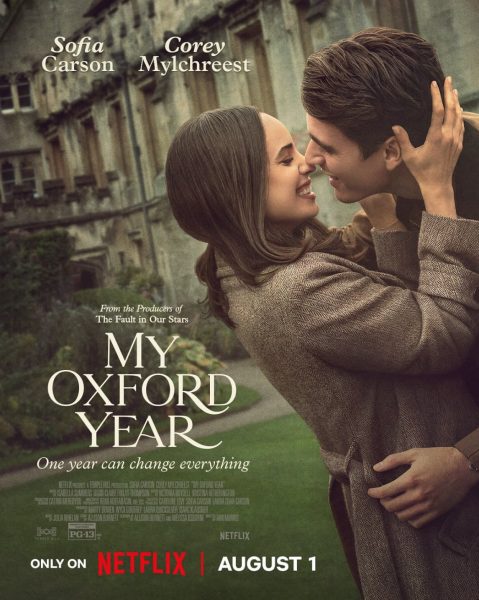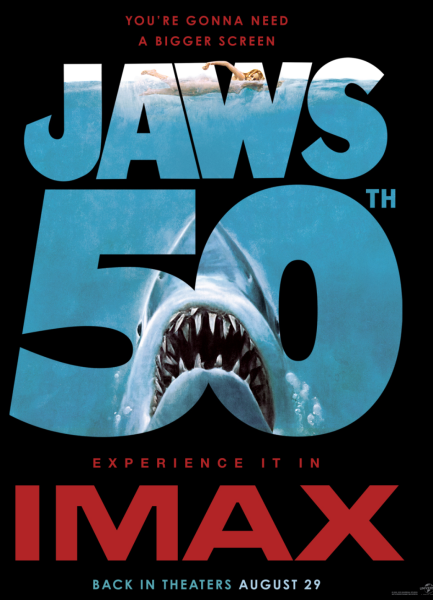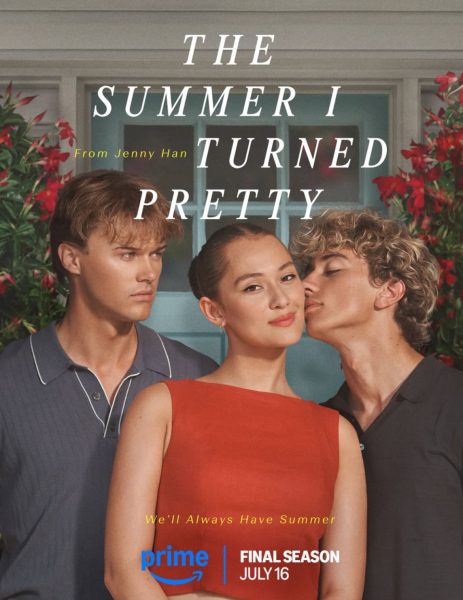“My Policeman” Treads Line of Poignant and Predictable
“All love stories are tragic aren’t they?” is one of numerous lines in the newly released, “My Policeman,” that comes across somewhat too saccharine to be believable. The film has been the subject of much anticipation since pop singer Harry Styles was cast as the titular policeman, Tom Burgess, in 2020. However, even the biggest of names can do little to save lackluster storytelling.
Based on the book by Bethan Roberts, the film follows the overlapping relationships between Marion (Emma Corrin), Patrick (David Dawson) and Tom. The movie shifts between one timeline that recounts their ménage à trois in the 1950s and another that views it in hindsight from the modern day. Marion and Tom’s love blossoms like an idyllic romance one might hear from a grandparent: two old friends meet on a sunny Brighton beach, he teaches her to swim, she teaches him about art, the two fall in love — or so it seems. Cutting back to the present, it is clear from their strained marriage that there is more to this story than its sweet beginnings.
Enter Patrick, an art curator who Tom introduces to Marion on a trip to a museum. The duo quickly turns into a trio of friends and lines go blurry when it seems as though Patrick and Marion, the more similar of the three, would make a better-suited couple. This is, until Tom and Patrick are revealed to have been caught up in a sexual affair of their own, long before anything involving Marion had ever began. Decades later, the retired couple takes Patrick into their home after a stroke leaves him physically and verbally impaired, though Tom refuses to have anything to do with the matter, for reasons which we are not told. Marion then comes upon a number of Patrick’s old diaries and begins to finally piece together what transpired 30 years before, taking us, the audience, with her in the process.
The film is elegantly shot. The present day narrative, shown in bleak hues in an isolated town, coupled with flashback scenes, which are abundantly peopled and have Ella Fitzgerald playing in the background, make for a visually satisfying juxtaposition. Director Michael Grandage does not shy away from explicitness either, neither homoerotic sex scenes nor the brutal assault of those accused of queerness are censored. Yet, for a story with such complexity and potential in its layeredness, “My Policeman” is less than memorable.
Where Grandage emphasizes physical closeness, he fails to give the same attention to developing emotional connection. The resulting effect is one of flawed characterization and pacing, of theatrics without sincerity or believability. The narrative almost never veers away from either couple and by the end, there is little we get to know about them beyond their identities as school teacher, curator and policeman. Moreover, the scarcity of screen time in which any of the characters develop on their own or together on a personal level gives the audience little reason to identify with any one of the three outside their relations to one another; we know that they care for each other, yet we are left in the dark as to why.
With regards to performance, neither Styles, Corrin nor Dawson delivers a very organic portrayal of internal agony that each of the protagonists grapple with. The film’s rushed ending and ill-placed attempt at a plot twist doesn’t help this either, making it altogether anticlimactic.
Ultimately, “My Policeman” is yet another take on the trope of the closeted character caught between forbidden passions and comfort in conformity that falls short. While the number of stories featuring queer relationships is increasing, more representation does not necessarily mean better representation. That said, among the details with potential that go undeveloped, a number of them still manage to rise above the flawed storytelling and move something within the viewer, and this makes the film one worth watching.













































































































































































































